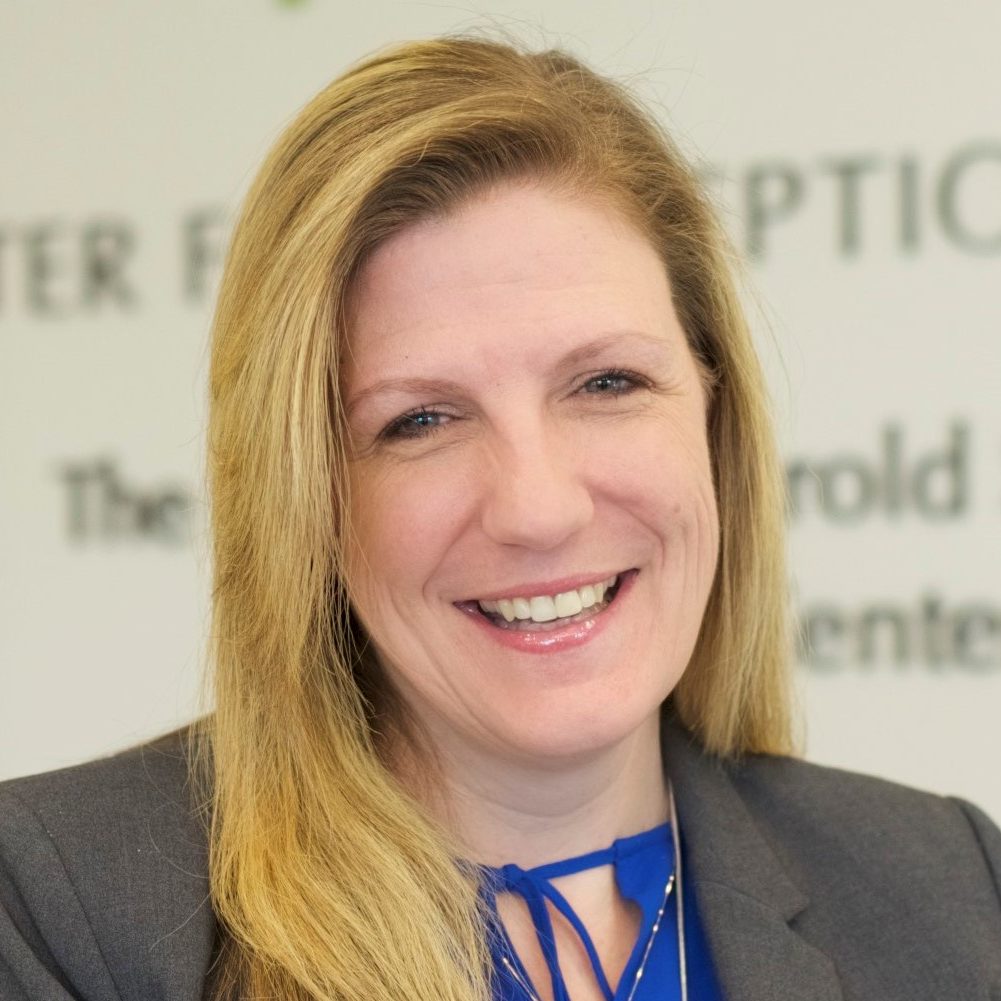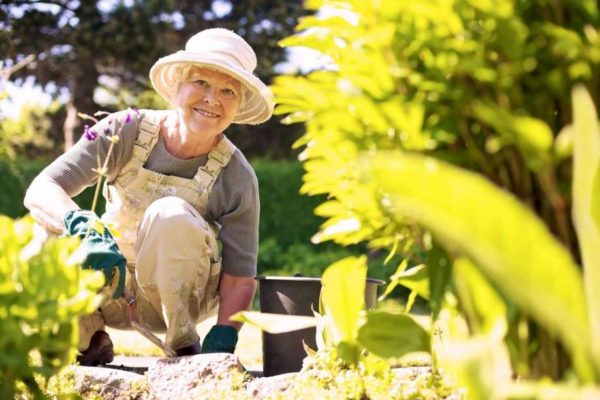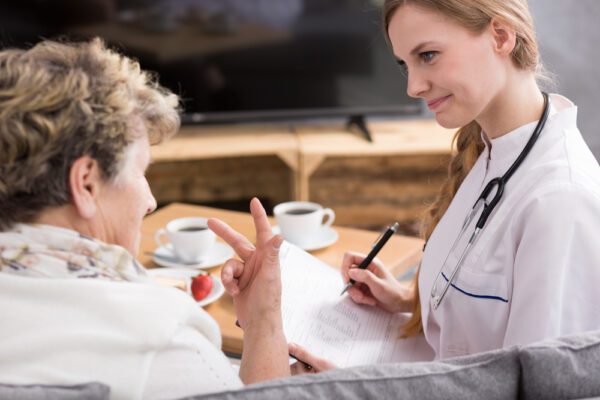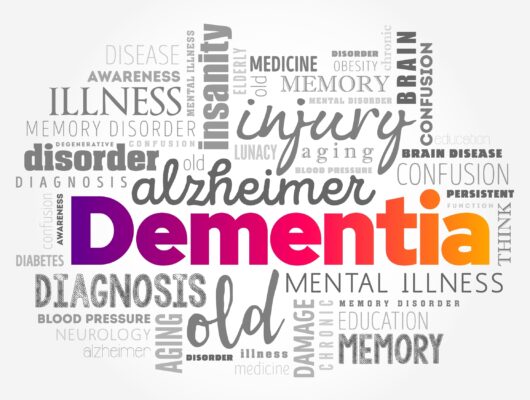

Keri Linardi, RN, BSN, PHN, CHPCA, — above, a few months back — is RVNAhealth’s Chief Clinical Officer. Which makes her a very busy person right now. Nonetheless, we stole a few minutes of her time for a question.
Q: What do you tell patients and families in your care who don’t want anybody – including their nurse or therapist — to come into their homes right now?
A: First, we do everything we can – always – to honor and understand patient wishes.
We know that this is an unusual time and if a family refuses care or a home visit, we work closely with them to be sure their condition is being carefully monitored so they progress, and don’t decline, which would be a more dangerous situation. Right now, due to temporary regulatory changes in the home health and hospice benefits, we have the means and flexibility to care for patients using telehealth services. A telehealth visit, which lasts as long as an in-person visit, allows our nurse to assess a patient’s progress and advise adjustments or actions to stay on course. It also helps us identify when an in-home visit is really needed.
How Telehealth is Working Now
On telehealth visits, we have the ability to use audio, or videoconferencing with What’s App or FaceTime, and we follow defined scripts and processes to ensure a purposeful, effective virtual visit. This is new to many patients, and some clinicians as well. On the visit, our clinician provides skilled triage and education to ensure all is progressing as should. We also provide assistance with community resources, social work, and spiritual support. We typically recommend that the second visit of the week would be appropriate for an in-person visit from nursing or therapy. All RVNAhealth disciplines remain available for in-person visits for needs that cannot be managed otherwise, and we typically recommend a combination for those concerned about in-home visits.
In other cases, telehealth is used to allow family members to join in an in-person visit. This is particularly helpful in cases where a patient resides in a facility and the family members are restricted access. In these cases, when our RVNAhealth clinician visits the patient, we are able to provide teleconferencing between the patient and the family. Thus far, we are pleased with the way the telehealth is going and the flexibility that it offers to our patients.
How RVNAhealth Keeps Home Visit Safe
In instances where a patients accepts or prefers an in-home visit, or whose treatment requires the presence of a clinician or aide — for example, wound care, falls, end of life, CNA visits— we do our best to educate patients and their families regarding the equipment and protocols we are using for safety.
We understand that people are frightened. It is of paramount importance to RVNAhealth to keep our patients and team safe. We’re not just saying that. Every action and decision we make is made with this purpose and goal. At present, (March 24, 2020), all of our clinicians are wearing surgical masks and gloves for each patient visit. These supplies are discarded after the visit. In instances where we are called to serve upon a known COVID-19 case, our team members wear surgical masks, gloves, long-sleeved gowns, and shoe covers. Again, these are disposed following their one-time use. N95 masks are reserved for such situations as nebulizer treatments or any aerosolized procedures and are worn in concert with full gear. Excellent hand hygiene is always an imperative.
The protocols we are following have proven successful in other countries (Singapore and Hong Kong) and were recently published in the Annals of Internal Medicine as effective in preventing the transmission of COVID-19. We also are treating patients with limited-clinician teams, to reduce the number of exposures and contact. This streamlines contact and is working very well.
Don’t Hesitate to Contact Us
If a patient or their family has any questions or concerns before or during care, we also encourage them to contact us directly. This is a different and ever-changing time, and we are always happy to talk.





